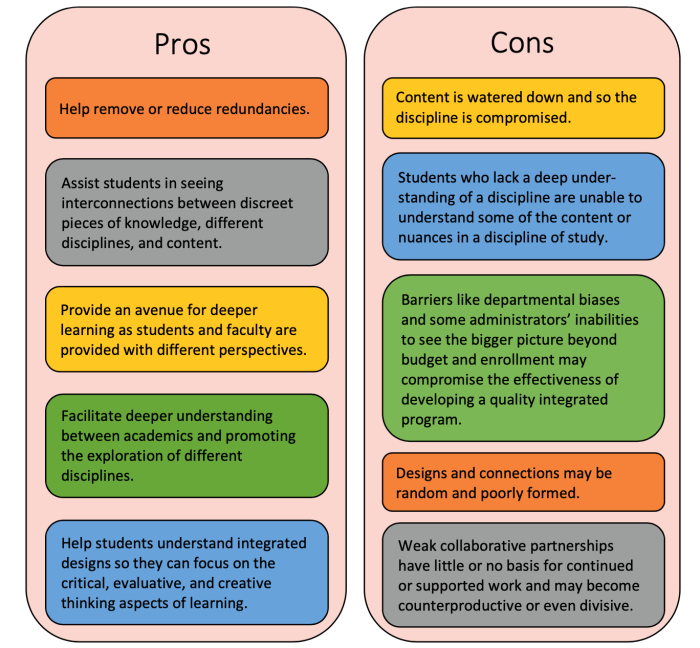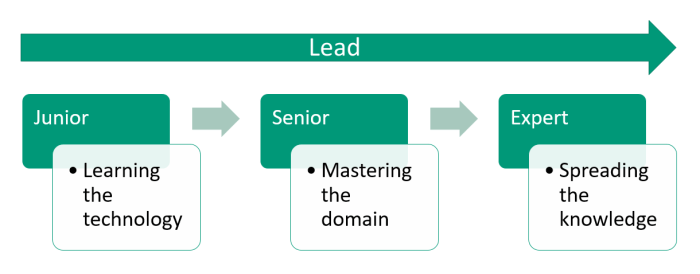Pros and cons of buying used cars sets the stage for this enthralling narrative, offering readers a glimpse into a story filled with financial wisdom and practical tips for navigating the used car market. Whether you’re a first-time buyer or just looking for a reliable ride, understanding the advantages and drawbacks of used cars can help you make an informed decision that fits your budget and needs.
Buying a used car can save you a ton of cash, and there’s a vast selection out there, but it’s not without its pitfalls. From potential maintenance issues to limited warranties, there are many factors to consider before diving into a purchase. This overview will guide you through the essential points to keep in mind, ensuring you find a vehicle that’s not only affordable but also dependable.
Pros and Cons of Buying Used Cars
Buying a used car can be an appealing option for many individuals, offering a blend of affordability and variety. However, it’s essential to weigh the advantages against the disadvantages to make an informed decision. This article explores both sides of purchasing used vehicles, along with practical tips for prospective buyers.
Advantages of Buying Used Cars
Purchasing a used car comes with several benefits that can make it a wise choice for many buyers. Here are some key advantages:
- Cost Savings: Used cars typically have a lower price tag compared to new vehicles, allowing buyers to save a significant amount of money. This can free up funds for other expenses or investments.
- Variety of Choices: The used car market offers a wide range of makes, models, and years, giving buyers the flexibility to choose a vehicle that meets their specific needs and preferences.
- Lower Depreciation Rates: Used cars experience much slower depreciation compared to new cars. This means that the value of a used car will hold better over time, making it a smarter investment in the long run.
Disadvantages of Buying Used Cars, Pros and cons of buying used cars

While there are many advantages to buying used cars, there are also important drawbacks to consider:
- Potential Maintenance Issues: Older vehicles may come with hidden maintenance problems that could result in costly repairs. Buyers must be cautious and thorough in their inspections.
- Limited Warranty Options: Many used cars may not come with any warranty, or the warranty may be limited. This means buyers could face unexpected repair costs shortly after purchase.
- History and Reliability Concerns: The history of a pre-owned vehicle can be unclear. Issues like previous accidents or title problems might not be apparent, potentially leading to reliability concerns down the road.
Factors to Consider When Buying Used Cars
Before making a purchase, there are several factors that buyers should consider to ensure they make a sound investment:
- Inspection Checklist: Create a checklist that includes looking at the engine, tires, interior, and exterior condition. Check for any signs of rust or previous repair work.
- Documentation Review: It’s crucial to review the vehicle history report, title status, and maintenance records to understand the car’s past.
- Test Driving: Always test drive the car to assess its performance. Pay attention to how it handles, any unusual noises, and the functionality of the features.
Financing Options for Used Cars
Understanding financing can significantly impact your ability to purchase a used vehicle:
- Various Financing Options: Buyers can consider loans from banks, credit unions, or dealership financing. Each option may come with different terms and rates.
- Interest Rate Comparison: Used car loans often have higher interest rates than new car loans. It’s important for buyers to compare rates to find the best deal.
- Budget Assessment: Set a realistic budget based on your financial situation, including how much you can afford for monthly payments and a down payment.
Tips for Negotiating the Price of a Used Car

Negotiation is a key part of the used car purchasing process. Here are some effective strategies:
- Effective Negotiation Strategies: Start with a lower offer than your maximum budget to leave room for negotiation. Be prepared to walk away if the deal doesn’t meet your expectations.
- Leverage Condition and Market Value: Use the car’s condition and market comparisons to argue for a better price. Show the seller that you are informed about the car’s worth.
- Research Comparable Sales: Knowing the market prices for similar models can strengthen your negotiating position and help you secure a fair deal.
Best Practices for Researching Used Cars
Thorough research is essential when buying a used car:
- Online Tools and Platforms: Utilize online marketplaces and review sites to compare prices, read reviews, and explore options.
- Verify Seller Credibility: Ensure the seller has a good reputation. Look for reviews or ratings that confirm their reliability.
- Price and Feature Comparison: Compare different models and dealerships. Look for similar cars and their features to ensure you are getting a fair deal.
Understanding Used Car Ownership Costs
Owning a used car comes with several ongoing costs that buyers should consider:
- Ongoing Ownership Costs: These include insurance, maintenance, fuel, and potential repair costs. Budgeting for these expenses is crucial.
- Total Cost of Ownership: Calculate the total cost of ownership over time, including depreciation, to understand the long-term financial impact.
- Factors Influencing Resale Value: Factors like mileage, condition, and market demand can affect the resale value of a used car, so consider them when making your purchase.
Environmental Impact of Buying Used Cars

Choosing to buy a used car can have significant environmental benefits:
- Eco-Friendly Benefits: Used cars contribute to reducing the demand for new vehicles, which in turn lowers resource consumption and waste.
- Waste and Resource Reduction: By buying used, consumers help minimize the environmental impact associated with manufacturing new cars, including emissions and material waste.
- Statistics on Carbon Footprint: Research shows that the carbon footprint of manufacturing new vehicles is substantial; therefore, opting for used cars can help in reducing overall emissions.
Final Conclusion
In conclusion, weighing the pros and cons of buying used cars is crucial for anyone looking to invest in a vehicle. While the cost savings and variety can be incredibly appealing, taking the time to consider potential maintenance issues and the importance of thorough research can make all the difference. With the right approach, you can confidently drive away in a used car that meets your needs without breaking the bank.